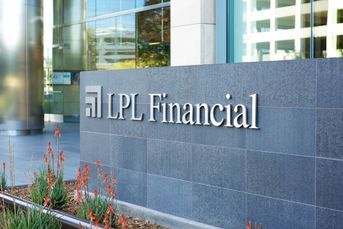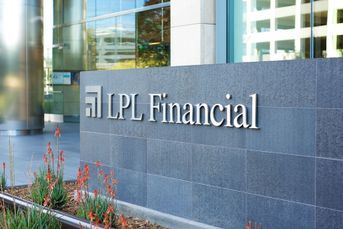Advisers warming up to the DOL rule, see business opportunity: Fidelity poll

Nearly a third now say the rule can help expand their business, up from 17% in January. (More: A comprehensive, searchable database of advisers' fiduciary FAQs)
Financial advisers’ views on the Department of Labor’s fiduciary rule have taken a surprising turn, as more are seeing the rule as having a positive impact on their business, according to a new study from Fidelity Investments.
A recent poll of financial advisers at wirehouses, broker-dealers and RIAs revealed that 29% see opportunity in the DOL investment advice rule — up 17% from January — while close to a quarter of respondents believe the rule will have a positive impact on their ability to acquire and retain clients.
Tom Corra, chief operating officer of Fidelity Investments’ clearing and custody solutions unit, said the shift in sentiment was because of more certainty around the rule.
“When we first did the poll in January, the DOL rule was in draft form,” he said. “Now there is more certainty around the rule. There is value in having certainty, knowing what the adviser has to deal with in regards to the regulation.”
(More: The most up-to-date information on the DOL fiduciary rule)
The rule has prompted shifts in strategies where new opportunities emerge. One in four advisers see the DOL rule as a catalyst to grow and maintain a profitable book of business. One in five advisers said their employers are engaging in acquisitions.
However, while more advisers are warming to the DOL rule, most advisers expect the rule to have an overall negative impact on the cost of doing business as well as their overall compensation. They anticipate spending more time on compliance and paperwork for fewer rewards.
One in 10 advisers are planning to leave or retire from the occupation earlier than they had planned, with 18% saying they are reconsidering their career as advisers.
It’s not only advisers who will be impacted by the rule. Clients also will bear the consequences as well. More than half of advisers believe smaller clients are not profitable and may cut them.
Mr. Corra said his clients are considering lower-cost automated services to cater to these clients, but many are not prepared. Only one in 10 advisers have an automated investment offering in place, the poll showed, and 46% of the advisers haven’t taken any steps to prepare for the rule.
(More: 8 biggest adviser tech mistakes — and how to avoid them)
“All advisers need to have a look at their business practices, as to their position as being a fiduciary,” Mr. Corra said. “Each adviser needs to understand how that will impact their individual practice. Advisers who have taken time to plan will be in a better position.”
OTHER FINDINGS
In a race to become compliant with the DOL rule before its April 2017 deadline, half of advisers are expecting to manage two-thirds of their retirement assets using level-fee compensation — where an adviser only receives an advisory fee for their services.
Advisers also expect to manage almost a third of their retirement assets using exemptions, including the best-interest contract exemption, known as BICE. The exemption can allow brokers to sell commission-based products without invoking penalties.
However, the DOL rule will change the products that will be offered. Two of five advisers will recommend fewer variable annuities, and close to half will recommend more managed accounts.
“Clients are reviewing their product offering to ensure they’re focusing on products that are not only suitable for client portfolios, but that meet their best interest standard,” Mr. Corra said. “It’ll come down to the individual advisers and their business model, to survey what needs to change.”
Learn more about reprints and licensing for this article.








